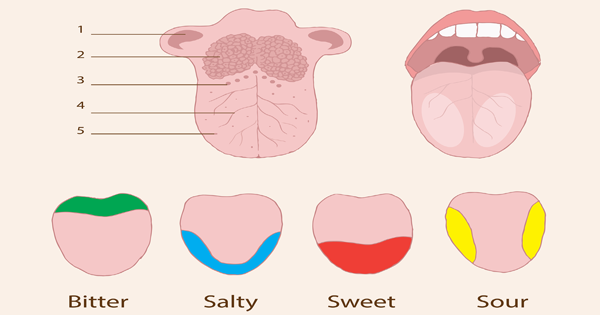Advertisement
The tongue is an amazing organ. It’s one of our strongest muscles, it helps us taste, and it’s essential to speech.
But how does it work?
The tongue is a giant, bloody set of muscles, anchored at the root to your mouth by the lingual frenulum.
The tip and sides of the tongue are for performing complex movements, like licking, chewing, or kissing.
The back of the tongue holds its sensory cells, for taste and touch.
What does the tongue do?
It helps us eat. It helps soften your food, to turn your food into a mash so we can swallow it. It helps keep food between your teeth as well.
It helps us suck. It’s vitally important to us as humans to be able to suck, both early in our lives for breastfeeding, and later on for drinking fluids.
It helps us swallow. You need your tongue to press the bolus into the throat, otherwise swallowing would be impossible.
It’s essential to taste. Taste in the tongue comes from the mucous membrane. The tastebuds are responsible for the taste receptors. The sensory cells are what recognizes the food. Humans can taste five basic tastes: sweet, sour, bitter, salty, and umami, but may be able to taste more. Taste used to be used to see if our food was safe, as well as what nutrients it contains. It helps you perceive temperature and taste, as well as something called “mouth feel,” which detects texture, viscosity, and density.
Advertisement
We need it to speak. We need our tongue, lips, and teeth in order to produce speech. Your tongue can help you make more than ninety words per minute. It’s especially vital for consonants.
It keeps us safe. Defense cells on the tongue are found in the back of the mouth, and they prevent against germs and bacteria that can come through the mouth.
Amazing, right? So next time you burn your tongue on spicy soup, be sure to apologize to it and thank it for what a good job it's doing at protecting you from danger.




